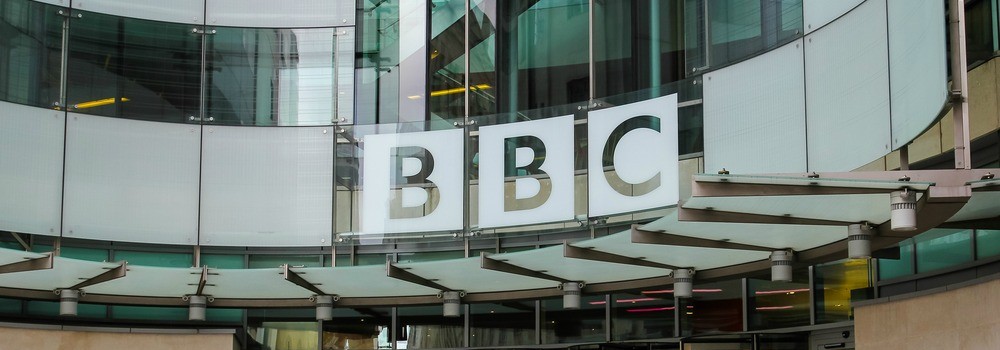Media and entertainment unions including WGGB have joined the barrage of criticism that followed the news on Monday 6 July that Culture Secretary John Whittingdale MP and BBC Director General Tony Hall had made a secret, behind-the-scenes deal on the BBC Licence Fee.
The announcement was unexpected and came in the Commons from John Whittingdale, in response to an urgent question tabled by Shadow Culture Secretary Chris Bryant MP, following newspaper reports of the settlement.
In return for the BBC’s agreement to fund the £650 million cost of free TV licences for the over-75s, the Government promised to allow the £145.50 fee to increase in line with inflation and close a loophole that made it possible to watch on-demand television like iPlayer without a licence.
The move will be phased in from 2018-19. At the same time, the BBC’s commitment to fund rural broadband will be decreased.
WGGB General Secretary Bernie Corbett said: “It’s extraordinary that John Whittingdale has participated in a secret stitch-up when, as Culture, Media and Sport Select Committee Chair he condemned such behaviour in 2010; and also astonishing that Tony Hall went along with it when he knows how much damage the same behaviour did to the BBC, not to mention the standing and reputation of former Director General Mark Thompson.”
The view was echoed by Michelle Stainstreet, General Secretary of the National Union of Journalists, who said: “Here we are again. Despite repeated commitments made by Tony Hall to a process with full transparency, we find out through leaks and a forced statement to Parliament that the BBC leadership has caved in to Government demands that will further weaken the BBC’s ability to survive as a public service broadcaster of worldwide repute.”
And Gerry Morrissey, General Secretary of Bectu, commented: “We are exceptionally disappointed at the hasty nature of this settlement, which once again is characterised by a lack of transparency. In a repeat of the errors made in 2010, the BBC has agreed to add to its costs at a time of severe financial pressures, and a shrinking workforce, as it seeks to continue to invest in programming.
“Whilst this deal increases the funds available to the BBC from 2017, our judgement is, at best, that at the end of the next five year Licence Fee settlement, the BBC will have no more income than it had in 2010. The question is: who will pay for what is likely to be a flat cash scenario?”
Other criticism came from Shadow Culture Secretary Chris Bryant MP, who damned it a “shabby little deal”, while Chair of the BBC Trust, Rona Fairhead, and former BBC Director General Lord Birt, raised concerns that the arrangement was struck behind closed doors. “We are disappointed that [the public] have not been given any say in the major decisions about the BBC’s future funding,” said Fairhead in an open to Chancellor George Osborne.
Lord Birt said the Government had set “a very dangerous precedent”, while former Culture Secretary Ben Bradshaw said the deal effectively made the BBC “a branch of the Department of Work and Pensions”.
Defending the decision, Lord Hall told Radio 4’s Today programme. “It gives us financial stability and the ability to plan for the future.”
Photo: Shutterstock.com/mikecphoto

